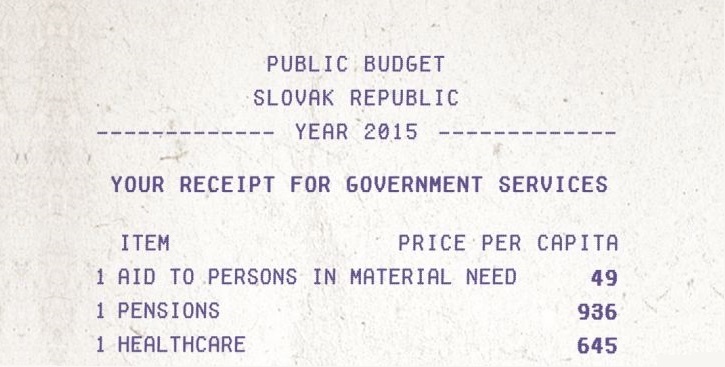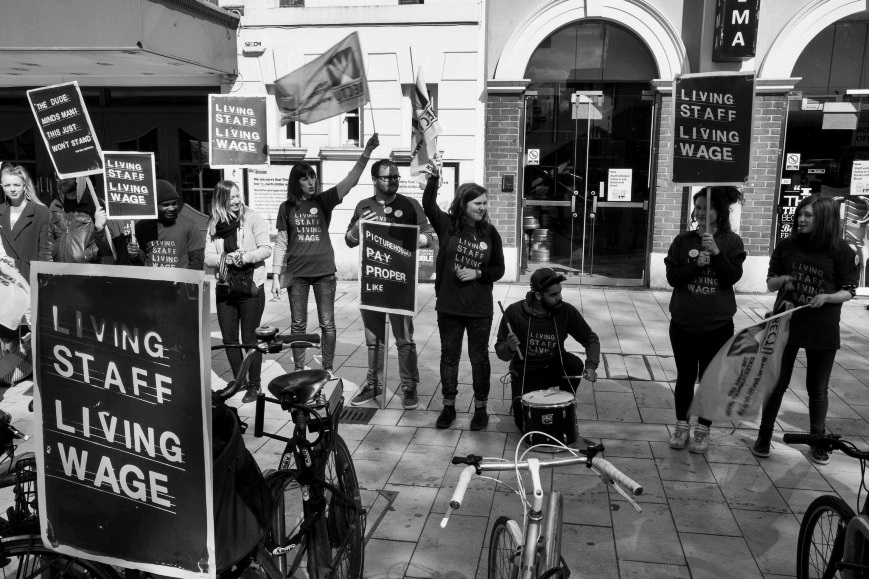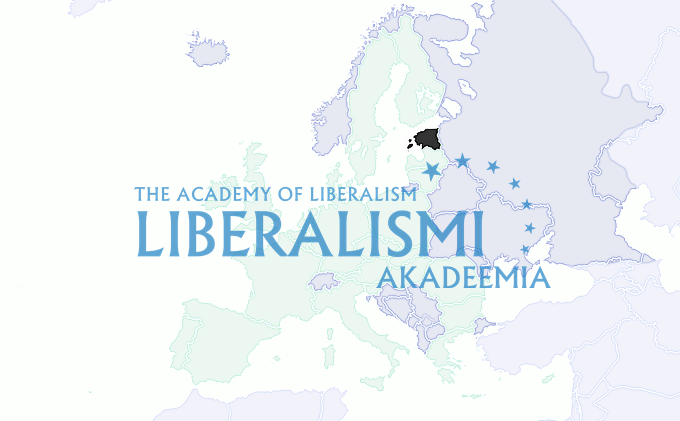
LFMI to Host Heritage Foundation in Lithuania
BY
LFMI / June 9, 2015
On June 11-12, the Lithuanian Free Market Institute will host the Heritage Foundation representatives, who will meet with the Lithuanian government, politicians and business leaders to discuss Lithuania\'s progress in the 2015 Index of Economic Freedom and reforms needed to further improve the country\'s ratings.











